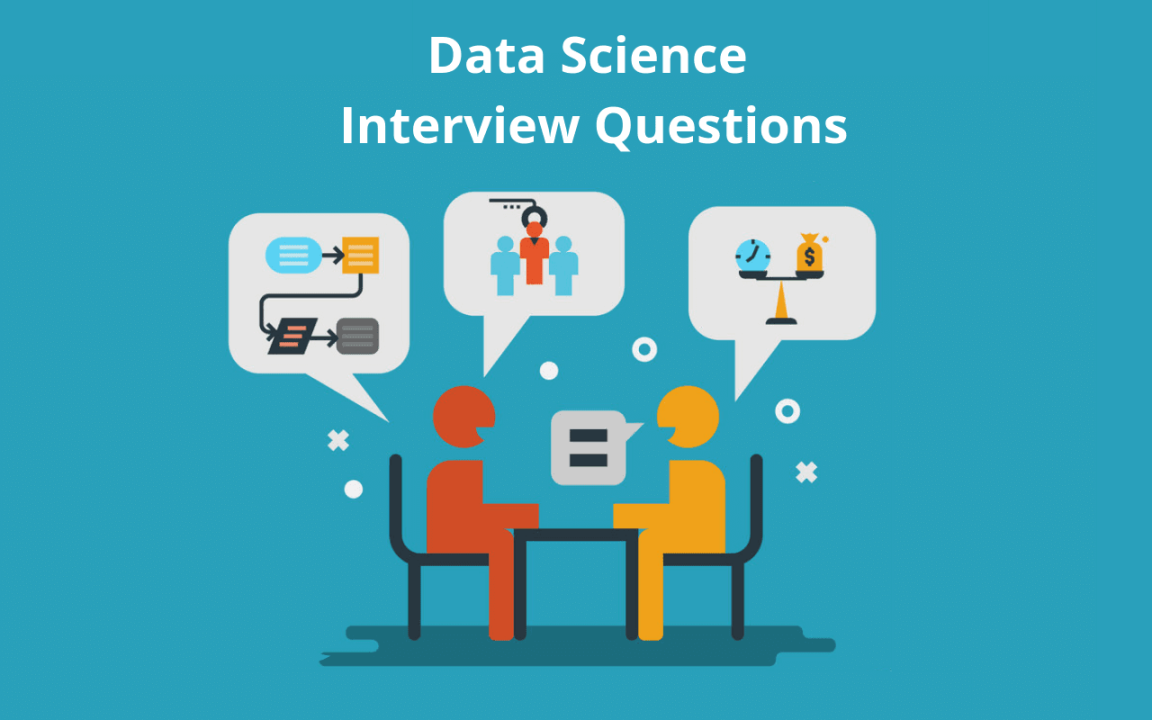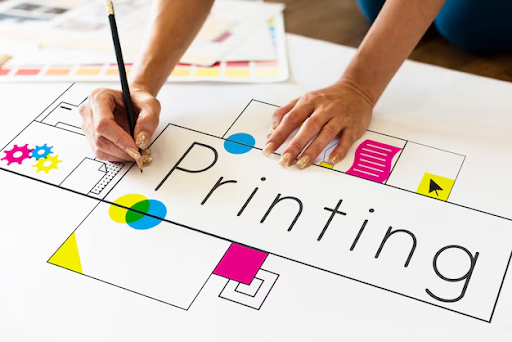So, you landed a data science interview! Great news, but let’s not kid ourselves: these interviews can feel a lot like the ultimate final exam. Just landing an interview is not enough; you need to crack it as well. So, in this post, we’ll guide you in preparing for data science interview questions, drawing you closer and closer to that offer you dream about.
How to Create an Effective Data Science Interview Preparation Plan?
Here’s how to make an effective data science interview preparation plan to prepare for the interview and deal with the questions.
Step 1: Know the Interview Landscape
Generally, science interviews involve some technical assessments along with project discussions and behavioural questions. The technical assessments could be developing code for a challenge, working out how to manipulate some data, or solving a machine learning problem.
You will describe the work you have done on your application project and how that thought process helped elevate your problem-solving skills. As with all data science interviews, behavioural questions ascertain whether you have the communication skills, teamwork abilities, and overall fit for their culture.
Step 2: Hone Your Technical Knowledge
You need to sharpen these skills:
- Programming Languages: Freshen up on your Python or R (depending on the role). Learn to write good, clean, and efficient code by working on data wrangling.
- Statistics & Probability: Master the basics like central limit theorem, hypothesis testing, and all that good stuff. Honestly, these are the bread and butter of your future data science experience. Do not skip these.
- Machine Learning: You should know the basics of different types of algorithms (Supervised, Unsupervised, etc.) and where each can be used. Know typical performance metrics (accuracy, precision, and recall).
- Data Wrangling & Visualization: Be able to clean, manipulate, and analyse data using a complex system of inexpensive labour (Pandas via Python or R). Practice making simple yet informative graphic representations to express insights.
Step 3: Practice Makes Perfect!
This is where the real magic happens. Keep practicing your coding skills to increase your chances of cracking those data science interviews:
- Mock Data Science Interviews: Ask a friend or a coworker, or choose an online data science interview preparation platform to do some mock data science interviews. This way, you can test your problem-solving method and your communication skills. Remember to ask for criticism and work on becoming better.
- Data Science Challenges: Several websites provide real-world datasets and challenges. This is a great way to leverage your data science skills for the real world and fill up your portfolio. It also shows potential employers that you are resourceful and can work through a problem.
- Personal Projects: Get into a personal project! It could be examining public datasets or developing a machine learning model related to personal endeavours. Projects demonstrate your interest in data science and give an avenue to try out other methodologies.
Step 4: Research the Company
Don’t sit down for a data science interview blindfolded! Do your homework and research the company, their products and services, and the job itself. It will show your genuine interest and help you tune your responses.
See if you can learn more from the “About Us” and/or Careers sections of their website; this may help give you insight into the company’s mission, values, or upcoming projects.
Read relevant industry news and development trends. This will show you are not just a data geek but someone who sees the larger dimension.
Step 5: Polish Your Behavioral Questions Soft Skills
Data science is not just about algorithms and code. Behavioural questions help you understand how you fit in the team and are questions that are usually asked to test your patience. Here’s how to shine:
- STAR Method: Prepare answers for common behavioural questions using the STAR method, which stands for Situation, Task, Action, and Result. This way, you get a to-the-point response highlighting your skills in handling challenges and accomplishments.
- Communication is Key: Develop strong written and verbal communication skills in practice. Present and discuss your thinking and approach at the time of technical assessments and simplify it so that every non-technical HR executive understands completely.
- Team Work: Demonstrate your teamwork effort. Most of the time, data science is collaborative, hence, showing how you collaborate in teamwork.
Final Thoughts
If you make a solid interview plan for yourself, then you can get an edge over candidates while giving your data science interview. This is all about displaying what you can do in terms of data and how good an asset you could be for the team. Take a nice deep breath and let out your inner data warrior to rock that data science interview!
If you’re looking for the right data science interview preparation program, then you may want to check out Interview Kickstart’s Data Science Interview Masterclass program is designed by FAANG+ experts and equips you with the skills to dominate interviews at top tech companies. Their 15-week data science interview preparation program is led by 500+ instructors and has trained over 17,000 professionals. Register for Interview Kickstart’s free webinar to learn more!













